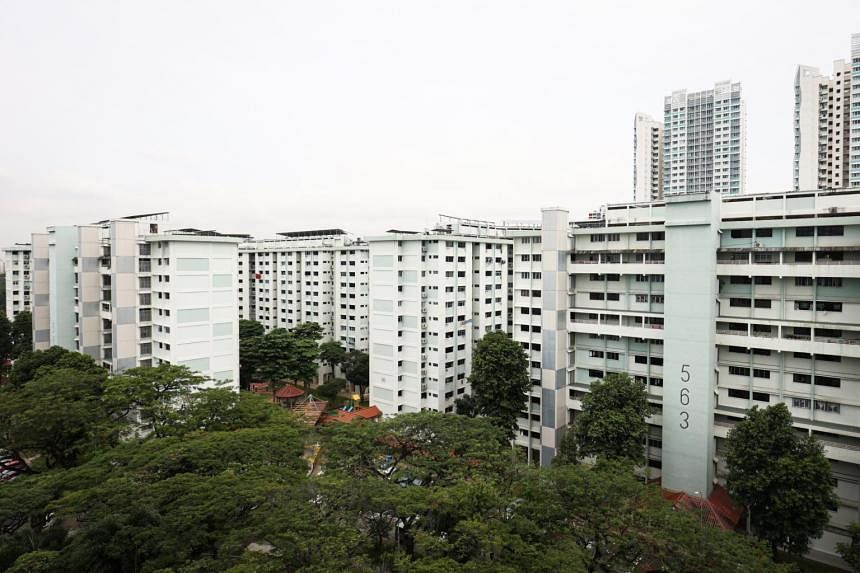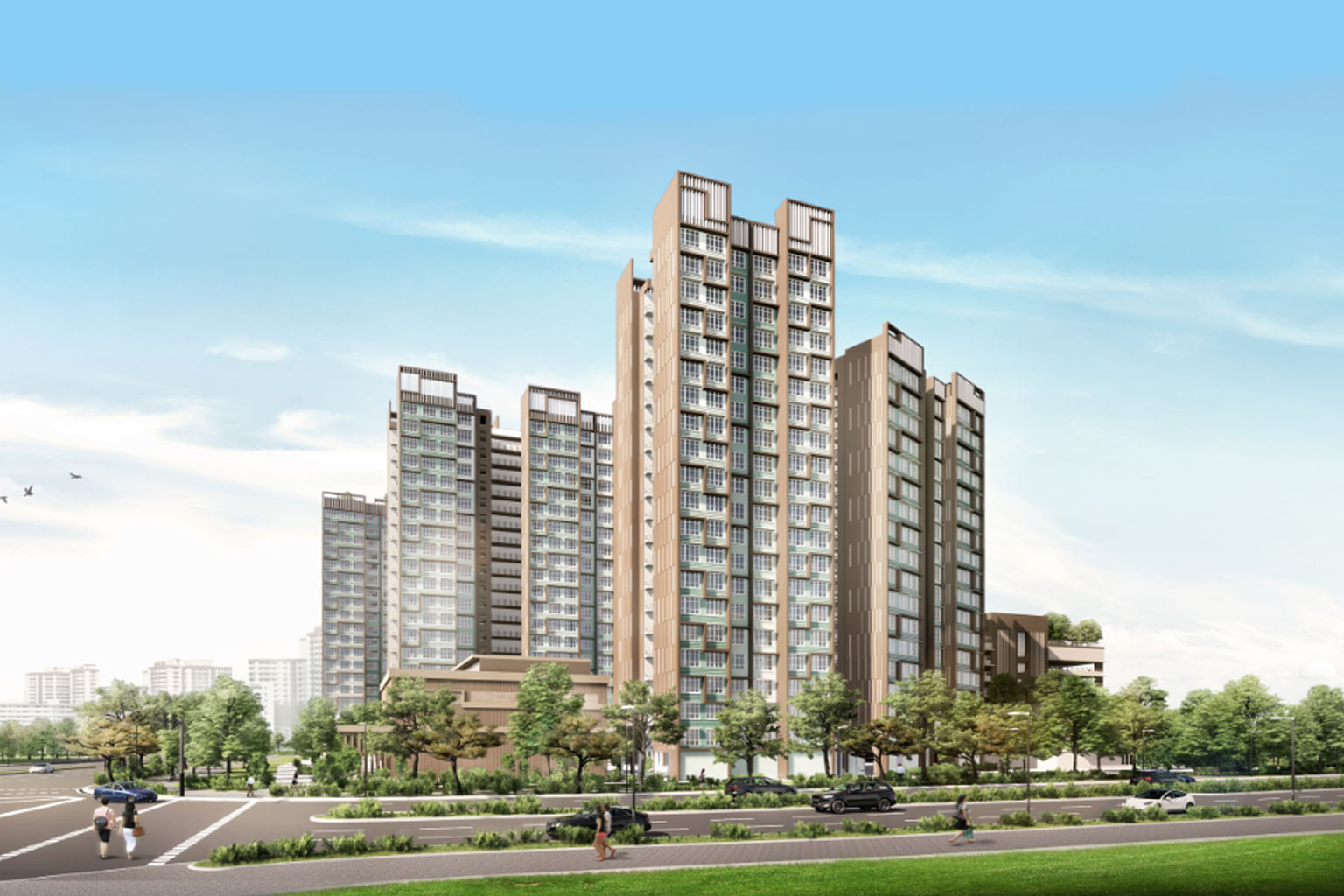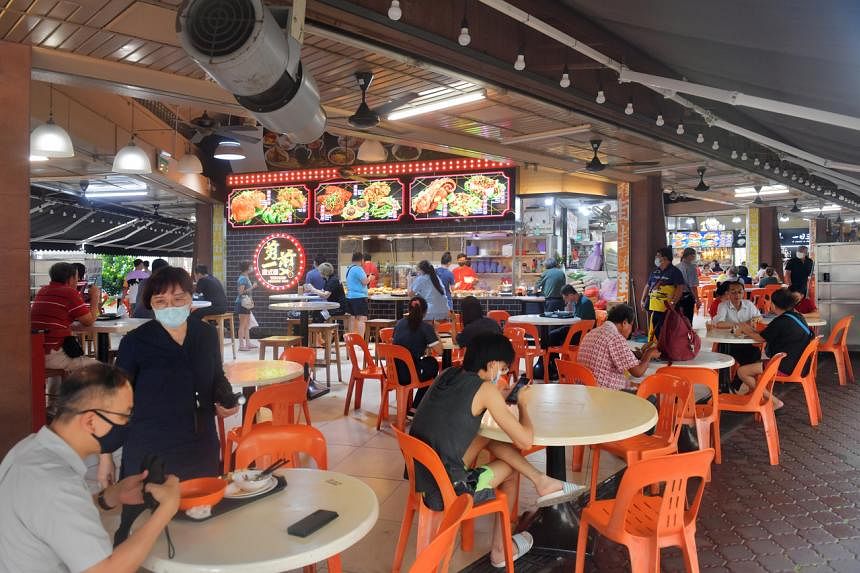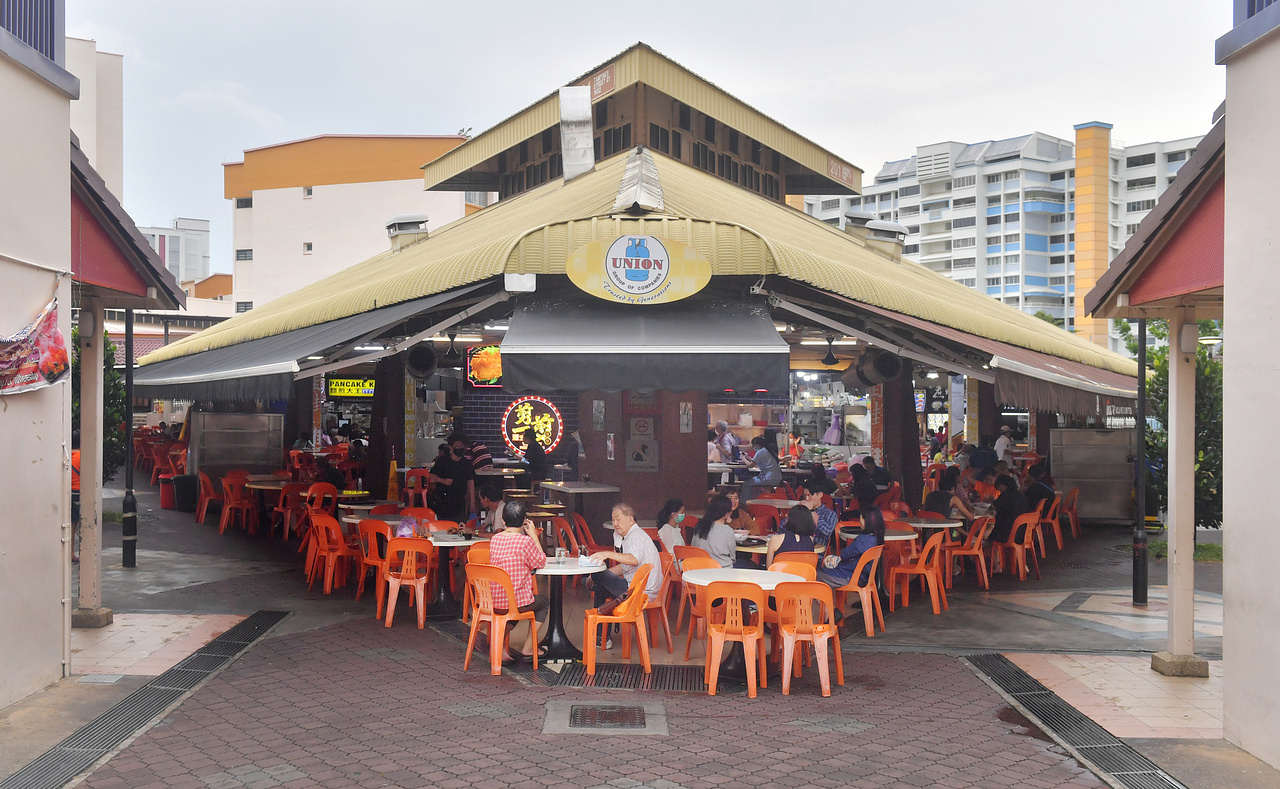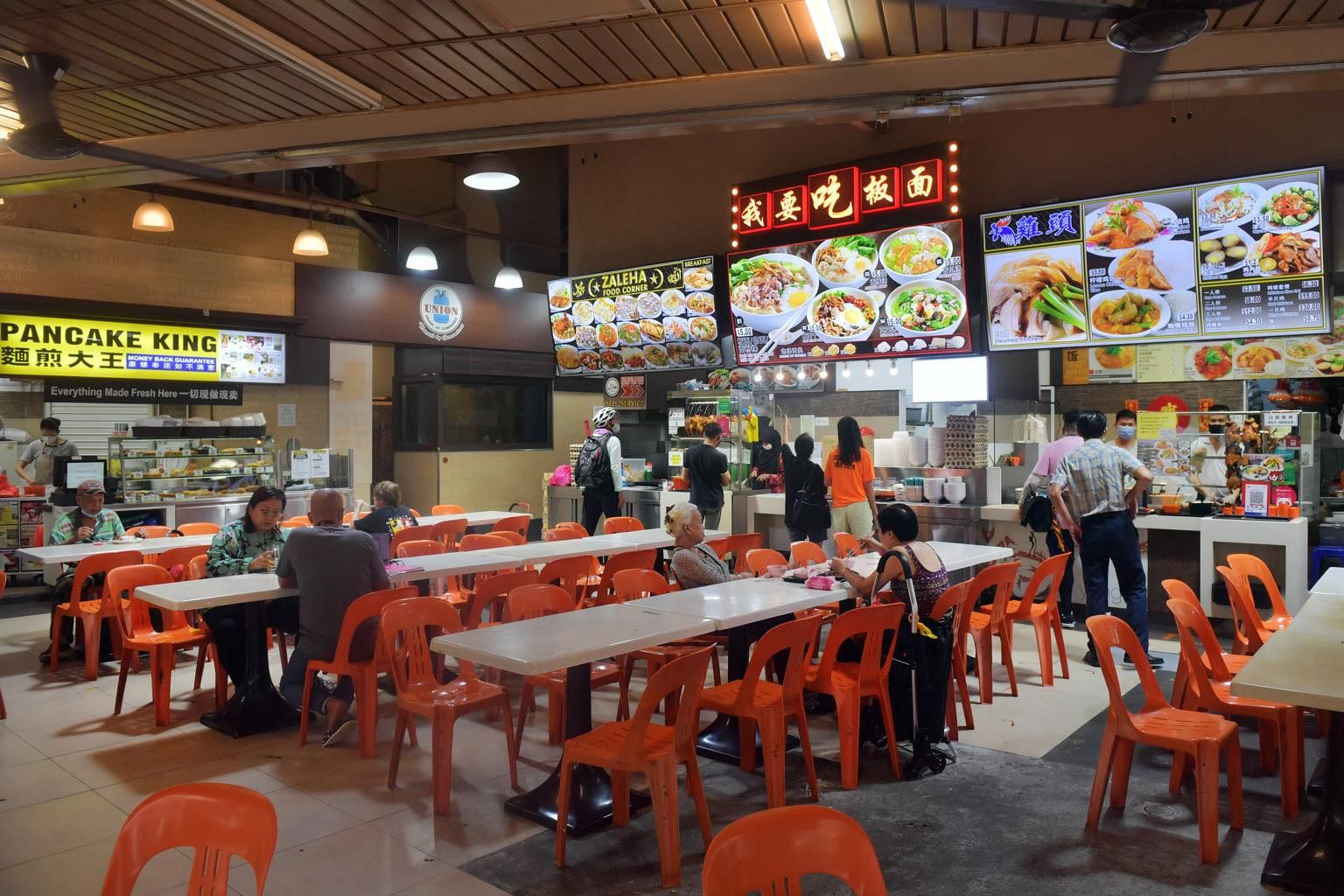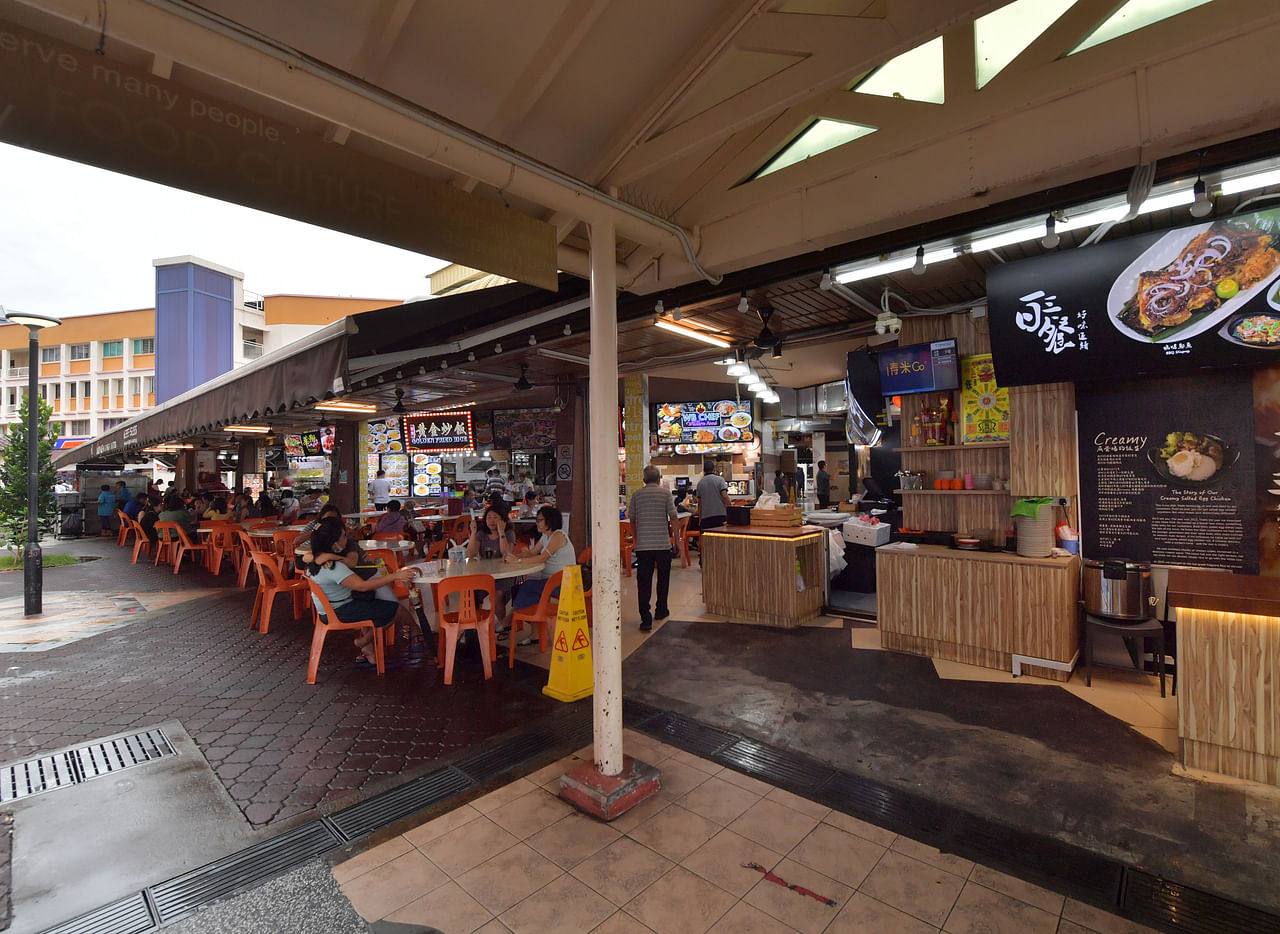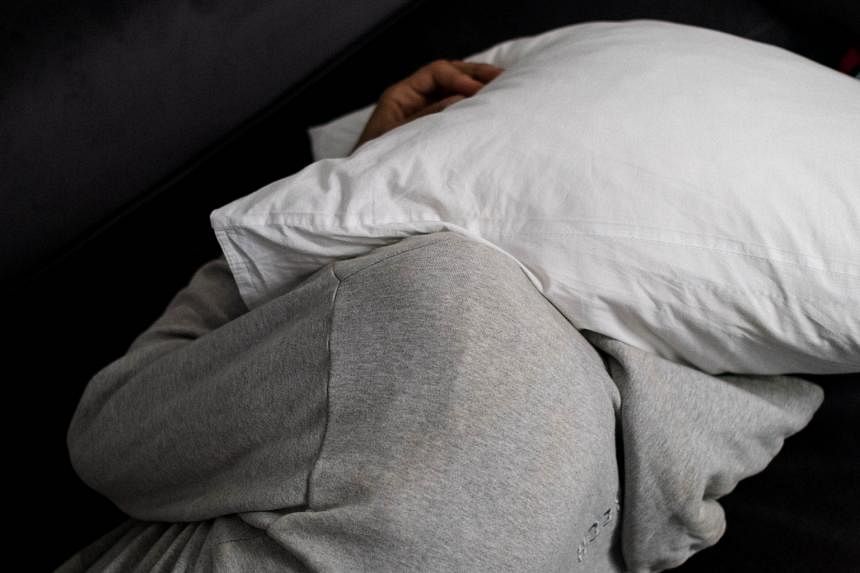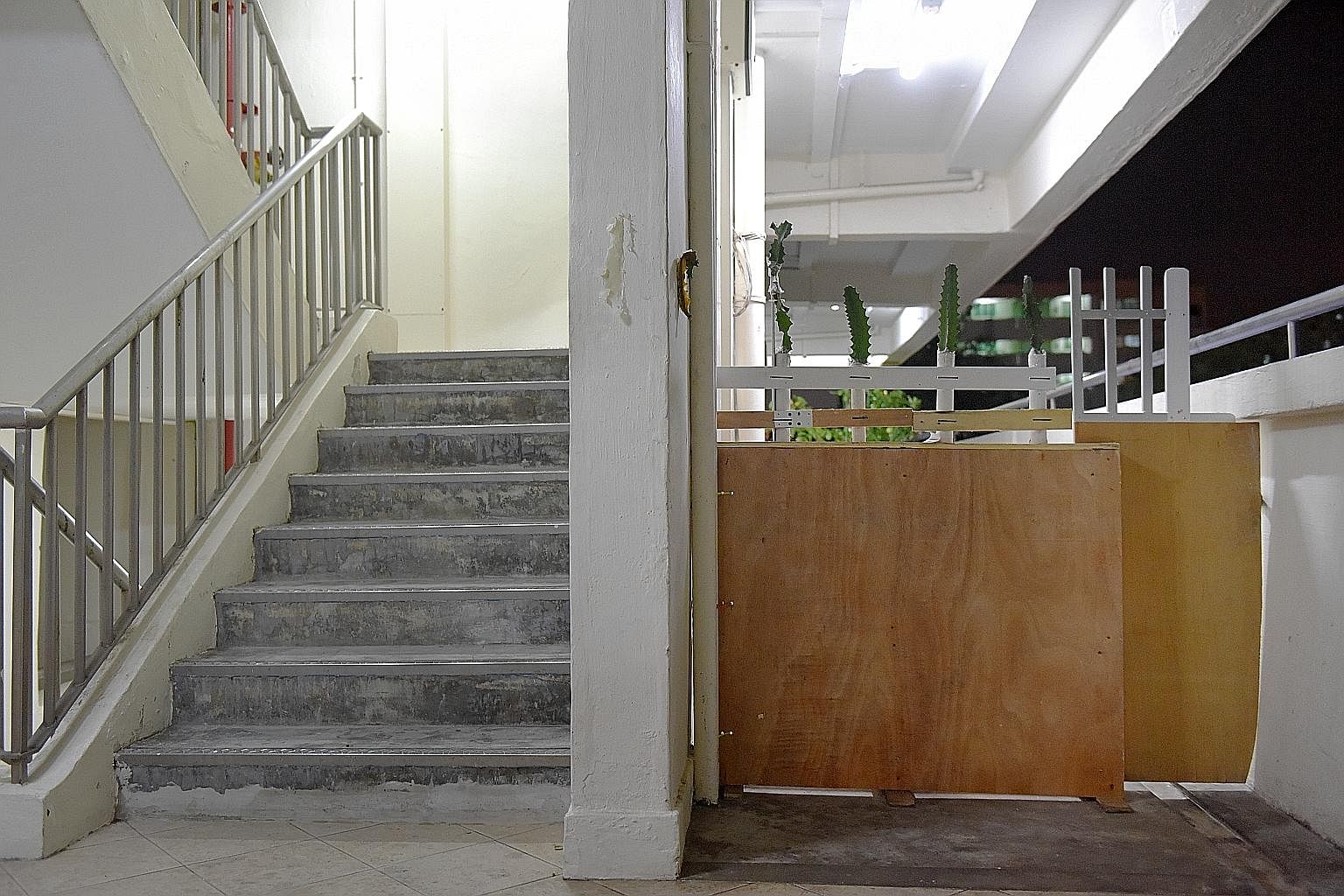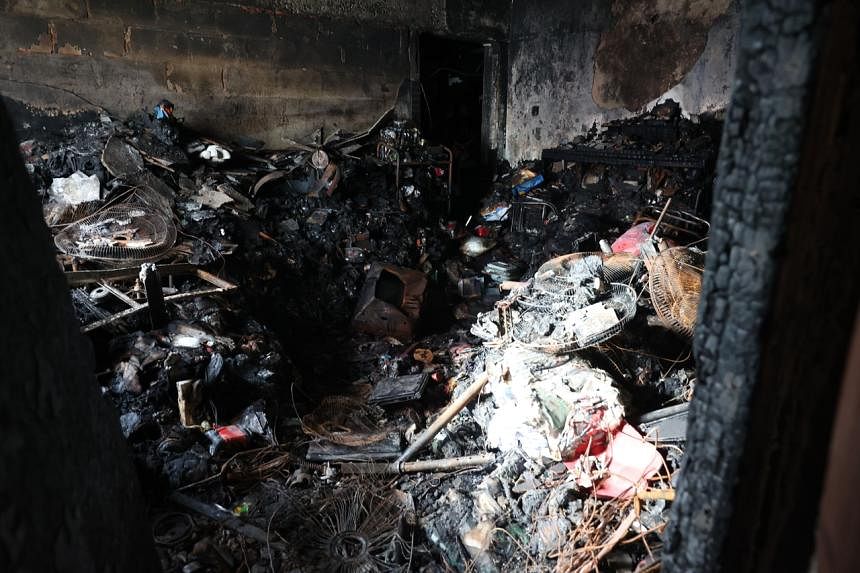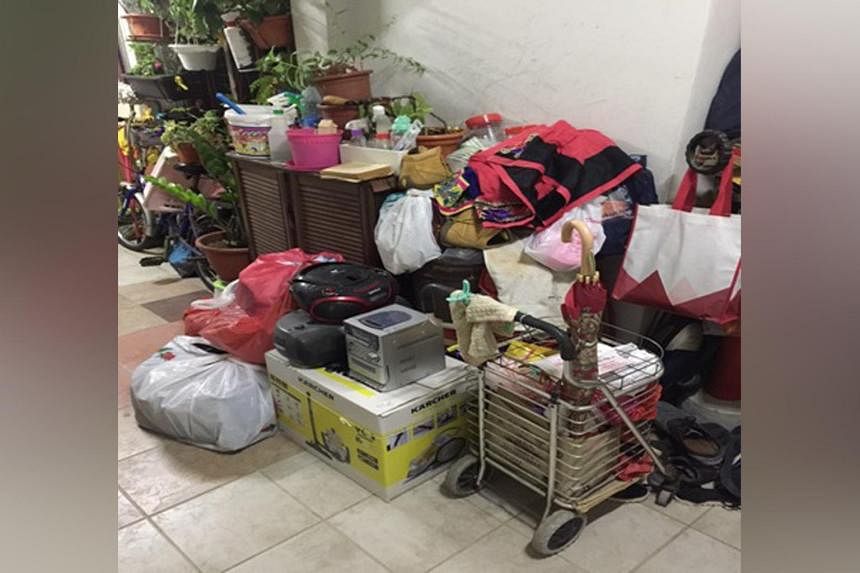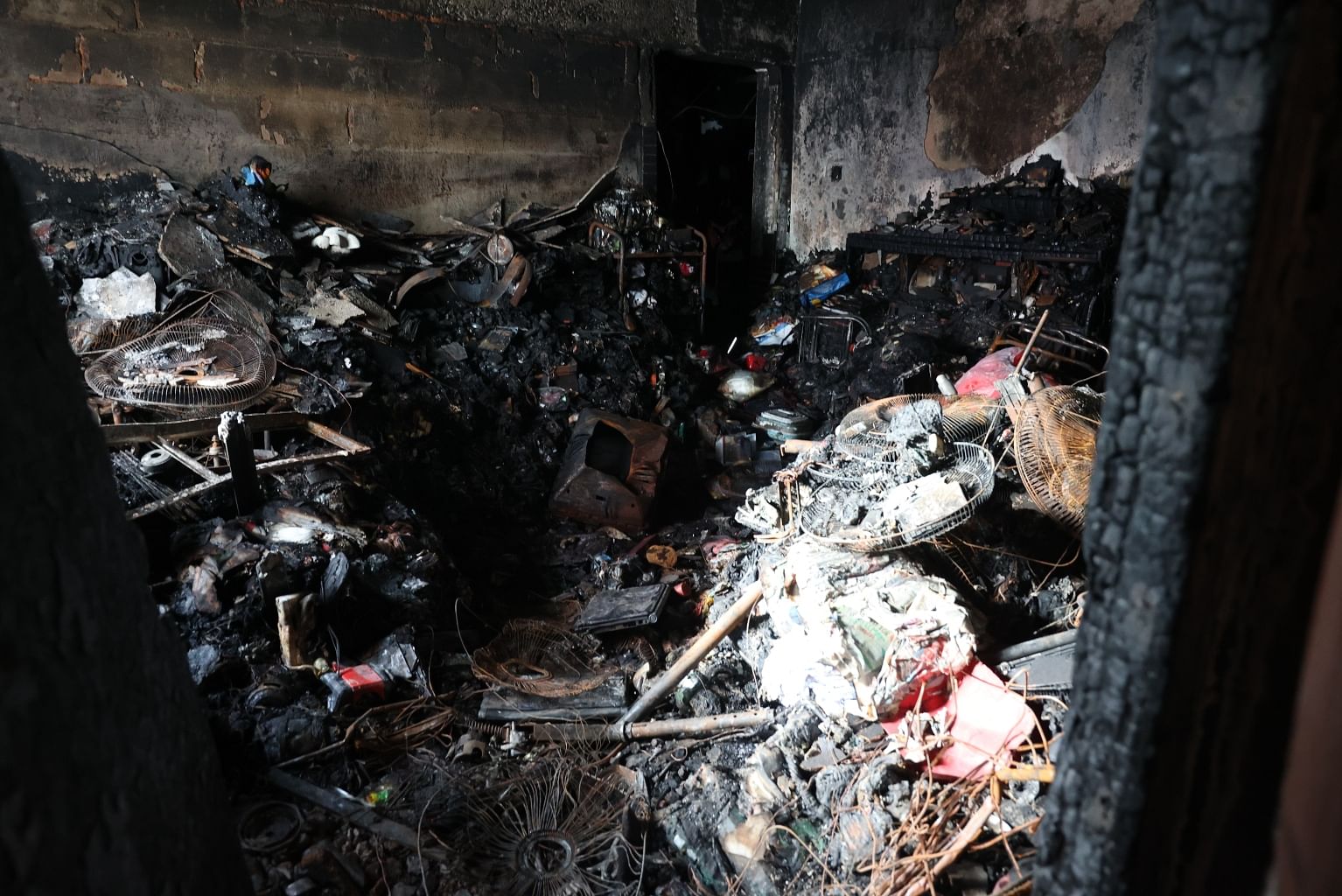Some Ang Mo Kio residents dismayed by top-up for similar-sized Sers replacement units; HDB exploring options
The HDB announced in April that four Ang Mo Kio HDB blocks had been selected under Sers. PHOTO: LIANHE ZAOBAO
Michelle Ng
Housing Correspondent
June 16, 2022
SINGAPORE - When part-time hairdresser Janice Ong learnt in April that her Ang Mo Kio Housing Board block was among
the four picked for the Selective En bloc Redevelopment Scheme (Sers), she thought she would be getting a brand-new flat with little to no extra money out of her pocket.
So it came as a shock to the 54-year-old when she realised that she might have to fork out more than $100,000, if she were to pick a similar-sized four-room flat at the Sers replacement site.
"I thought I could live here for the rest of my life, but now that I've just finished paying for the flat, they want me to pay another $100,000," said Madam Ong, who moved into the flat at Block 562 Ang Mo Kio Avenue 3 around six years ago with her husband. Their two daughters and a son-in-law live with them.
Seven other residents - all above 50 years old - that The Straits Times interviewed were dismayed at having to fork out more money to buy a similar-sized replacement unit.
The HDB announced in April that four HDB blocks - Blocks 562 to 565 in Ang Mo Kio Avenue 3 - had been selected under Sers, a scheme aimed at rejuvenating older estates.
Completed in 1979, flats in these four blocks comprise mainly three- and four-room units. The 606 households affected by the government acquisition have been offered replacement flats with a fresh 99-year lease at Ang Mo Kio Drive, next to ITE College Central.
On Wednesday (June 15), HDB said it was aware of some residents who were concerned about having to top up money in order to buy a larger-sized replacement flat that is closer to the size of their existing units.
"We understand these concerns, especially from seniors who have informed us that they do not need the fresh 99-year lease that comes with the new replacement flats. We are looking at the residents' feedback and will continue to explore options to assist these families," said HDB, without elaborating on what these options are.
Under Sers, affected owners can opt to buy replacement flats with a fresh lease or sell their Sers flats with the rehousing benefits on the open market.
Professor Sing Tien Foo, director of the Institute of Real Estate and Urban Studies at the National University of Singapore, said a possible solution could be for the HDB to bundle the Lease Buyback Scheme in the replacement flats for Sers owners who do not require the fresh 99-year lease.
The scheme allows seniors aged 65 and above to sell back a portion of their lease to the HDB to receive a stream of income in their retirement years, while continuing to live in their flats.
"For the seniors, they can perhaps buy a replacement flat on a 40-year lease and the remaining 59 years will be taken care of by HDB, so they don't have to fret about taking a loan or forking out money," said Prof Sing.
ERA Realty head of research and consultancy Nicholas Mak said another possible solution would be for the HDB to sell Sers replacement flats on a shorter lease. But problems may arise if owners hope to resell on the open market, he noted.
"Mixing different lease tenures - some 99 years, some 50, some 40 - in one block is just chaos," he said.
A more straightforward - but harder to swallow - solution would be for owners to accept a smaller unit, said Mr Mak.
"If you have a four-room now and you downsize to a two-room flexi or three-room flat, you probably won't have to pay more money. The good thing is there's a 99-year lease, so the value is preserved because there's a reselling option down the road. Yes, the unit will be smaller but that's the way the cookie crumbles," he said.
HDB estimates the compensation amount for owners of smaller three-room flats would range from $290,000 to $340,000, while four-room flat owners - whose units are 92 to 93 sq m in size - may get $380,000 to $450,000.
The actual compensation amount to be paid to each household will be finalised later this year after an appointed private valuer assesses the units.
Eligible flat owners will also receive a Sers grant of up to $30,000 to buy a replacement flat. They will also get a $10,000 removal allowance, as well as have their stamp and legal fees for their next purchase covered.
The estimated selling price of the new replacement flats ranges from $169,000 to $247,000 for a two-room flexi unit.
Prices for a three-room unit range from $292,000 to $384,000 while four-room units, which come in either 80 or 90 sq m, range from $396,000 to $563,000.
HDB said its staff have been providing "personalised support" for residents, including conducting door-to-door visits to explain the Sers scheme and address concerns.
Madam Chen Wen Qing, 65, who shares a four-room flat with her father, Mr Chen De Quan, 87, is unwilling to move to a smaller replacement unit as they often have family members staying over.
"We've been in this home for more than 40 years and have finished paying back the loan. We just want to live peacefully, but now we're in a lot of distress. I'm just hoping that the Government will help us," said Madam Chen, who is unable to work due to health issues.
Retired librarian Ramakrishnan Govindasamy, 85, who lives with his wife, grandson and a helper in a four-room flat, said he is considering selling his unit at a price that allows him to buy an older, or smaller, HDB resale flat in the area.
"Realistically speaking, five years from now, my wife and I may or may not even be around, so why should I pay more money for the next flat, especially when I'm being asked to vacate my flat?"
An artist's impression of the new replacement blocks in Ang Mo Kio Drive for residents affected by Sers. PHOTO: HDB
Associate Professor Walter Theseira of the Singapore University of Social Sciences said the issue of having to top up for a Sers replacement flat is not new, but is especially acute among seniors who are cash-poor.
The location of the Sers site could also have an impact on its sale price and attractiveness, he said.
Referring to
the 2014 Tanglin Halt Sers exercise, Prof Theseira said an attractive location could give prospective buyers a strong incentive to purchase the Sers flat and its rehousing benefits.
"It's obvious that redevelopment of, say, Tanjong Pagar or Chinatown would produce very desirable replacement flats. Less so for an outlying estate like Ang Mo Kio."
ERA's Mr Mak said the owners' misguided expectations of a one-to-one swop might have stemmed from yesteryears when Sers was seen as a "lottery" by some people.
"Twenty years ago, perhaps the compensation amount was more generous but back then, the Sers flats had longer remaining leases. Now, because there are more ageing flats, HDB might be more cautious to not overcompensate owners," he added.

